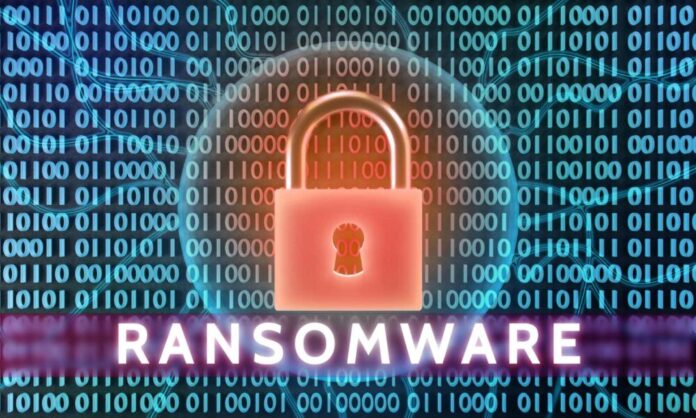Sri Lanka’s manufacturing and services sectors showed growth in March, according to the Central Bank’s Purchasing Managers’ Index (PMI). While this signals economic recovery, the country simultaneously faces mounting cybersecurity threats.
In 2024, Kaspersky’s cybersecurity systems detected and blocked 2,803 ransomware incidents targeting Sri Lankan businesses. This represents a 6% increase from the previous year, underscoring the growing risks posed by ransomware across all industries. Experts emphasize the urgency for organizations—regardless of size—to adopt stronger cybersecurity strategies, as attackers become more sophisticated and capable of causing significant financial and reputational damage.
Sri Lanka experienced major cyberattacks on corporations and government institutions in November 2024, revealing critical weaknesses in the nation’s digital defenses. These breaches exposed sensitive data and risked unauthorized access to key systems, prompting cybersecurity professionals to stress the need for proactive risk management.
Sam Yan, Head of Sales for Asia Emerging Countries at Kaspersky, stated that ransomware attacks are widespread in Sri Lanka, and even one successful incident can result in severe losses. He advised businesses to invest in cybersecurity tools that guarantee high effectiveness against ransomware, noting that not all solutions offer equal protection.
Kaspersky’s products—such as Endpoint Security for Business, Small Office Security, and Kaspersky Standard—demonstrated complete protection against ransomware in various real-world attack tests conducted by AV-TEST.
To assist victims and reduce ransomware damage, Kaspersky remains a core partner in the global “No More Ransom” initiative, launched in 2016 with Europol and the Dutch National Police. This platform offers free decryption tools, reporting guidelines, and recovery resources.
By the end of 2024, Kaspersky celebrated eight years with the No More Ransom project. Its free tools now address 42 ransomware variants and have helped over 2.3 million victims globally, as reported by Europol—showcasing its dedication to global cybersecurity resilience.
To guard against ransomware, Kaspersky advises against exposing remote services like RDP or MSSQL to public networks.
If necessary, secure them with strong passwords, two-factor authentication, and firewalls. Ensure VPN solutions are patched promptly and keep all software updated. Detecting lateral movement and data exfiltration early is critical, and monitoring outbound traffic can help identify breaches. Businesses are urged to maintain frequent offline backups and develop a crisis plan in case of data leaks.
Organizations should also avoid pirated or unverified software, audit supply chain access, and educate employees through security training. Kaspersky recommends using its Threat Intelligence Portal to stay informed about current cyberattack tactics and improve preparedness.
